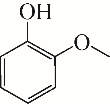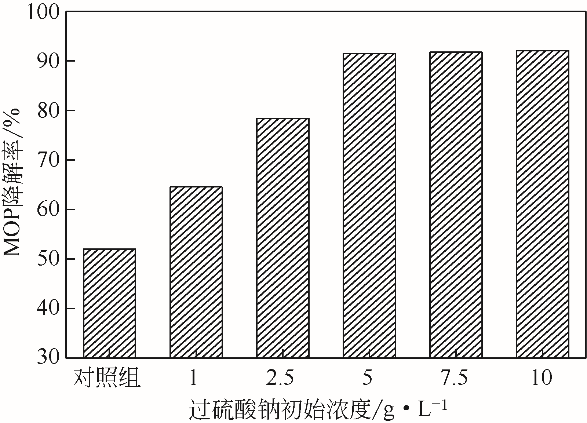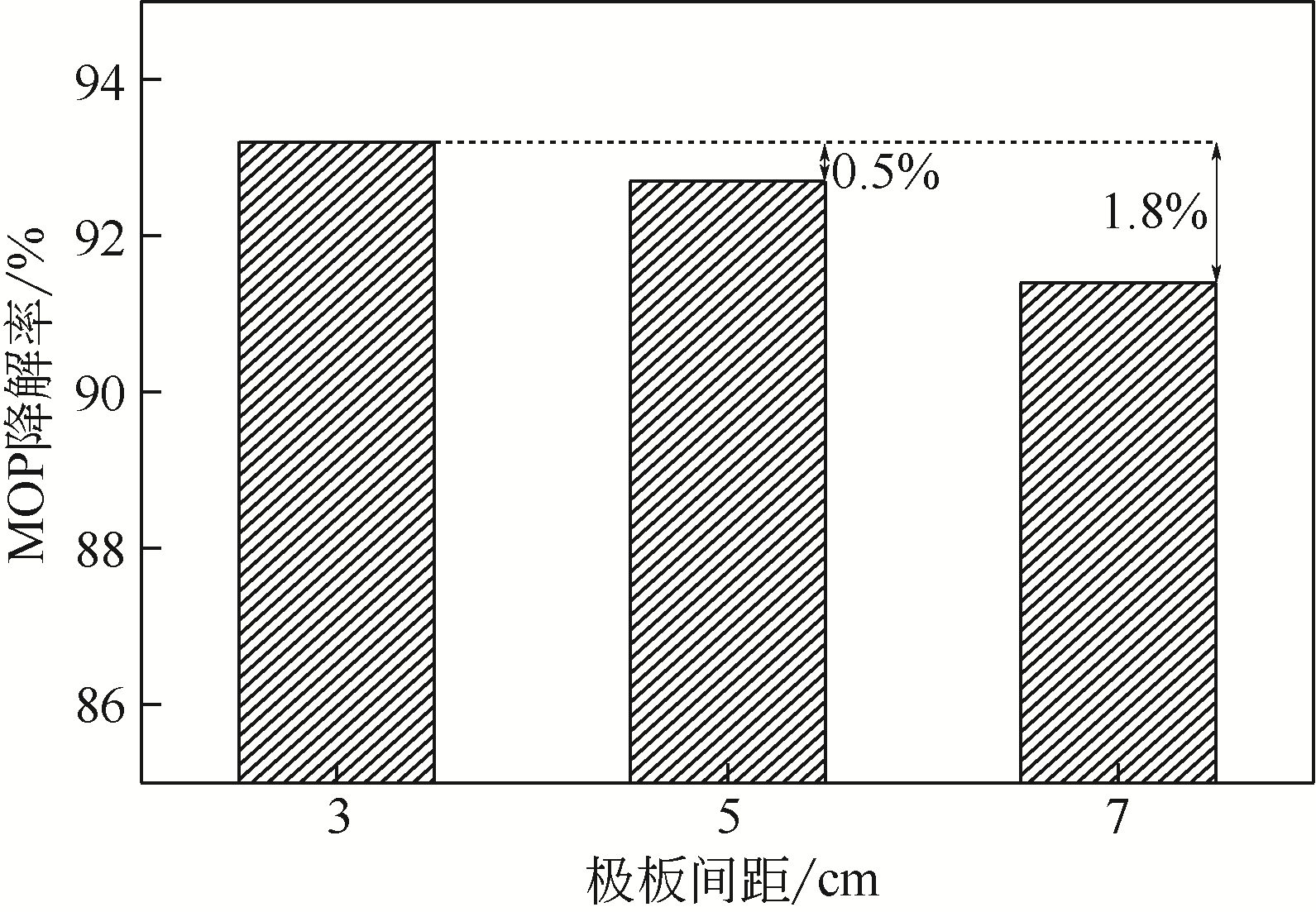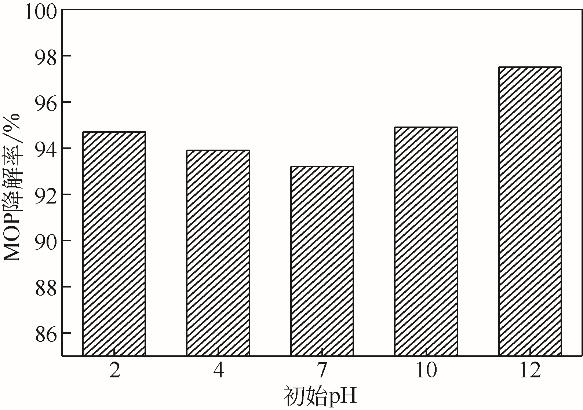| 1 |
姜忠义, 李玉平, 陈志强, 等. 煤化工废水近零排放与资源化关键技术研究与应用示范[J]. 化工进展, 2016, 35(12): 4099-4100.
|
|
JIANG Z Y, LI Y P, CHEN Z Q, et al. Key technologies study and application demonstration of near-zero-liquid-discharge and resource recovery of coal chemical industry wastewater[J]. Chemical Industry and Engineering Progress, 2016, 35(12): 4099-4100.
|
| 2 |
任同伟, 俞彬, 阳春芳, 等. 煤化工高含盐废水资源化处理技术的工程应用研究[J]. 工业水处理, 2019, 39(2): 96-99.
|
|
REN T W, YU B, YANG C F, et al. Research on the engineering application of the recycling treatment technology of high salinity wastewater in coal chemical industry[J]. Industrial Water Treatment, 2019, 39(2): 96-99.
|
| 3 |
纪钦洪, 于广欣, 张振家. 煤化工含盐废水处理与综合利用探讨[J]. 水处理技术, 2014, 40(11): 8-12.
|
|
JI Q H, YU G X, ZHANG Z J. Discussion on treatment and comprehensive utilization of salty wastewater from coal chemical industry[J]. Technology of Water Treatment, 2014, 40(11): 8-12.
|
| 4 |
王香莲, 湛含辉, 刘浩. 煤化工废水处理现状及发展方向[J]. 现代化工, 2014, 34(3): 1-4.
|
|
WANG X L, ZHAN H H, LIU H. Current situation and development direction of coal chemical industry wastewater treatment[J]. Modern Chemical Industry, 2014, 34(3): 1-4.
|
| 5 |
YEO I, YOON S, YEE J. Development of an urban energy demand forecasting system to support environmentally friendly urban planning[J]. Applied Energy, 2013, 110: 304-317.
|
| 6 |
陈思. 基于膜处理的煤化工含盐废水的处理技术[J]. 化工设计通讯, 2019, 45(1): 6.
|
|
CHEN S. Treatment technology of coal chemical salty wastewater based on membrane treatment[J]. Chemical Engineering Design Communications, 2019, 45(1): 6.
|
| 7 |
JIN X, LI E, LU S, et al. Coking wastewater treatment for industrial reuse purpose: combining biological processes with ultrafiltration, nanofiltration and reverse osmosis[J]. Journal of Environmental Sciences, 2013, 25(8): 1565-1574.
|
| 8 |
WANG W, HAN H, YUAN M, et al. Treatment of coal gasification wastewater by a two-continuous UASB system with step-feed for COD and phenols removal[J]. Bioresource Technology, 2011, 102(9): 5454-5460.
|
| 9 |
HOU B, DENG R, ZHUANG H, et al. Advanced treatment of coal chemical industry wastewater by electro-catalysis with Gd-doped Ti/SnO2 anode[J]. Polish Journal of Environmental Studies, 2017, 26(3): 1097-1104.
|
| 10 |
杨世迎, 陈友媛, 胥慧真, 等. 过硫酸盐活化高级氧化新技术[J]. 化学进展, 2008(9): 1433-1438.
|
|
YANG S Y, CHEN Y Y, XU H Z, et al. A novel advanced oxidation technology based on activated persulfate[J]. Progress in Chemistry, 2008(9): 1433-1438.
|
| 11 |
OLMEZ-HANCI T, ARSLAN-ALATON I. Comparison of sulfate and hydroxyl radical based advanced oxidation of phenol[J]. Chemical Engineering Journal, 2013, 224: 10-16.
|
| 12 |
HOELDERICH W F, KOLLMER F. Oxidation reactions in the synthesis of intermediate and fine chemicals using environmentally benign oxidants and the right reactor system[J]. Pure Appl. Chem., 2000, 72(7): 1273-1287.
|
| 13 |
ABU A S S, AZIZ H A, ADLAN M N. Optimization of stabilized leachate treatment using ozone/persulfate in the advanced oxidation process[J]. Waste Management, 2013, 33(6): 1434-1441.
|
| 14 |
DING Y, ZHU L, HUANG A, et al. A heterogeneous Co3O4-Bi2O3 composite catalyst for oxidative degradation of organic pollutants in the presence of peroxymonosulfate[J]. Catalysis Science & Technology, 2012, 2(9): 1977-1984.
|
| 15 |
ROMERO A, SANTOS A, VICENTE F, et al. Diuron abatement using activated persulphate: effect of pH, Fe(Ⅱ) and oxidant dosage[J]. Chemical Engineering Journal, 2010, 162(1): 257-265.
|
| 16 |
HORI H, YAMAMOTO A, KOIKE K, et al. Persulfate-induced photochemical decomposition of a fluorotelomer unsaturated carboxylic acid in water[J]. Water Research, 2007, 41(13): 2962-2968.
|
| 17 |
MA J, YANG Y, JIANG X, et al. Impacts of inorganic anions and natural organic matter on thermally activated persulfate oxidation of BTEX in water[J]. Chemosphere, 2018, 190: 296-306.
|
| 18 |
LIU H, BRUTON T A, LI W, et al. Oxidation of benzene by persulfate in the presence of Fe(Ⅲ)- and Mn(Ⅳ)-containing oxides: stoichiometric efficiency and transformation products[J]. Environmental Science & Technology, 2016, 50(2): 890-898.
|
| 19 |
吴娜娜, 钱虹, 王宇思, 等. 电化学协同过硫酸盐处理有机废水的研究进展[J]. 建筑与预算, 2017(9): 29-33.
|
|
WU N N, QIAN H, WANG Y S, et al. Research progress in electrochemical synergistic persulfate treatment of organic wastewater[J]. Construction and Budget, 2017(9): 29-33.
|
| 20 |
朱应良, 万金泉, 马邕文, 等. 电化学协同过硫酸盐法氧化处理橙黄G染料废水[J]. 水处理技术, 2016, 42(8): 48-51.
|
|
ZHU Y L, WAN J Q, MA Y W, et al. Electrochemical synergistic persulfate oxidation treatment of orange G dye wastewater[J]. Technology of Water Treatment, 2016, 42(8): 48-51.
|
| 21 |
FAN Y, JI Y, KONG D, et al. Kinetic and mechanistic investigations of the degradation of sulfamethazine in heat-activated persulfate oxidation process[J]. Journal of Hazardous Materials, 2015, 300: 39-47.
|
| 22 |
YANG S, CUI Y, LIU Y, et al. Electrochemical generation of persulfate and its performance on 4-bromophenol treatment[J]. Separation and Purification Technology, 2018, 207: 461-469.
|
| 23 |
LIN H, WU J, ZHANG H. Degradation of clofibric acid in aqueous solution by an EC/Fe3+/PMS process[J]. Chemical Engineering Journal, 2014, 244: 514-521.
|
| 24 |
SILVA-RACKOV C K O DA, LAWAL W A, NFODZO P A, et al. Degradation of PFOA by hydrogen peroxide and persulfate activated by iron-modified diatomite[J]. Applied Catalysis B: Environmental, 2016, 192: 253-259.
|
| 25 |
NIE M, YANG Y, ZHANG Z, et al. Degradation of chloramphenicol by thermally activated persulfate in aqueous solution[J]. Chemical Engineering Journal, 2014, 246: 373-382.
|
 ),纪志永1,2,3,4(
),纪志永1,2,3,4( ),黄智辉1,2,4,赵颖颖1,2,4,刘杰1,2,4,袁俊生1,2,4
),黄智辉1,2,4,赵颖颖1,2,4,刘杰1,2,4,袁俊生1,2,4
 ),Zhiyong JI1,2,3,4(
),Zhiyong JI1,2,3,4( ),Zhihui HUANG1,2,4,Yingying ZHAO1,2,4,Jie LIU1,2,4,Junsheng YUAN1,2,4
),Zhihui HUANG1,2,4,Yingying ZHAO1,2,4,Jie LIU1,2,4,Junsheng YUAN1,2,4






